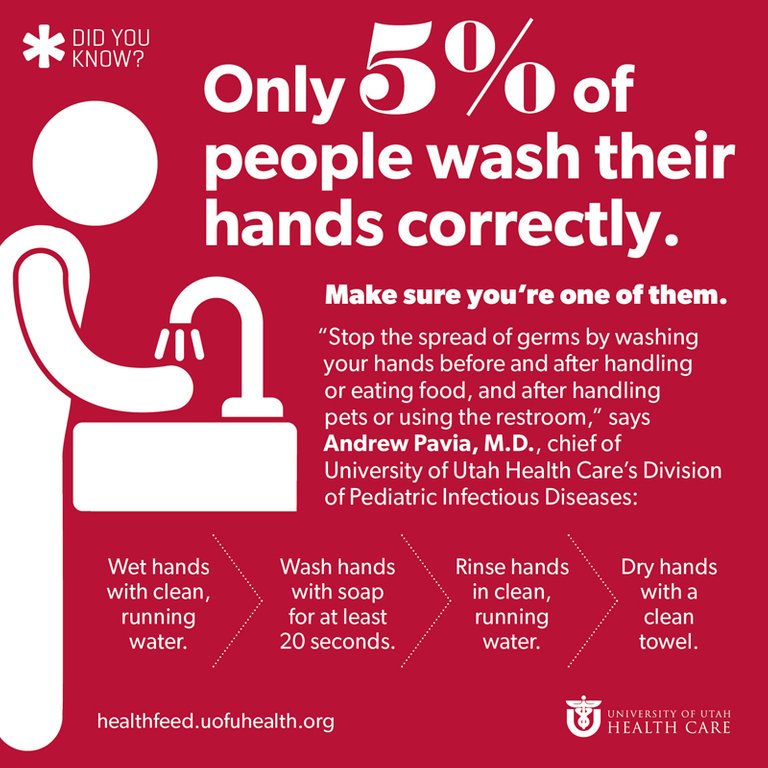The reality is that while a lot of people are encouraged to keep their hands clean and healthy at all times, it is not just by them being vigilant about keeping their hands cleaned with soap and water that they are doing their part in limiting the risks of getting sick. While you may never have an infection that makes you stop and think "wow, I should have kept my hands clean", there are many different ways that you can be making yourself more susceptible to infection.
Some of the most common types of infections that occur in people who don't keep themselves healthy and well groomed are ringworm, athlete's foot and jock itch. These are all examples of skin irritations that tend to show up on the hands. These irritations tend to develop in warm, moist areas of the body such as the hands, feet and underarms. This is where frequent hand washing or other good hygiene practices are most effective in preventing infections from occurring.
However, there are a number of ways that people can unintentionally spread these infections to themselves. For instance, there are people who go to the gym and fail to properly dry their towel after using it. When these people then towel dry their hands, the towel can carry bacteria that can then be transferred onto the next person who uses the towel. Another reason why infections occur in a population is that people tend to share things like towels, toys and other items. If one person is infected with an illness or contagious disease, the other person is much more likely to become infected as well.
Many people fail to practice good hand washing habits. A lot of the time, this results in the spread of infections that might have been prevented if people would have washed their hands frequently. Not only do people get sick more often, they might not take the necessary precautions to prevent illness in the first place. This means that the outbreaks of illnesses that they experience could have been prevented and stopped.
A lot of people also don't wash their hands properly. It doesn't matter how clean you think your hands are. If you're constantly shaking, scratching your hands, squeezing your hands together hard, or touching your nose, you're spreading germs all around your hands and body. These germs are transferred back and forth between your hands and body. When you shake someone's hand, you might not realize that you're transferring any germs. When you touch your nose, you might not know that you're transferring anything.
There are a number of reasons why people can have infections in their hands, but the main reason why they occur is because people are not keeping their hands clean. If you make sure to keep your hands clean and sanitized, you'll be less likely to spread harmful bacteria or infections to other people. Hand washing can help you to minimize the number of infections that you get because of the number of different ways in which you can spread infections.
Another reason why hand washing prevents infections is because when you're hands are clean and dry, your hands aren't as likely to be contaminated. Your hands are often used to touch other people or to do the things that you need to do in order to eat or to put on make up. The contact with bodily fluids such as saliva or sweat can cause bacteria or infections to be spread very quickly.
Most people think that when you wash your hands that you're getting rid of the germs that you already have, but that isn't necessarily true. In fact, it's very easy for new germs to be created when you're washing your hands. This is why many people who have infections often end up going back to the doctor after a few weeks or months because their infections have reappeared. When you take the time to practice good hand washing habits, you can easily limit the number of infections that you'll get throughout your life.
Sources
https://www.cdc.gov/handwashing/why-handwashing.html
https://www.ccohs.ca/oshanswers/diseases/washing_hands.html
Posted with STEMGeeks
